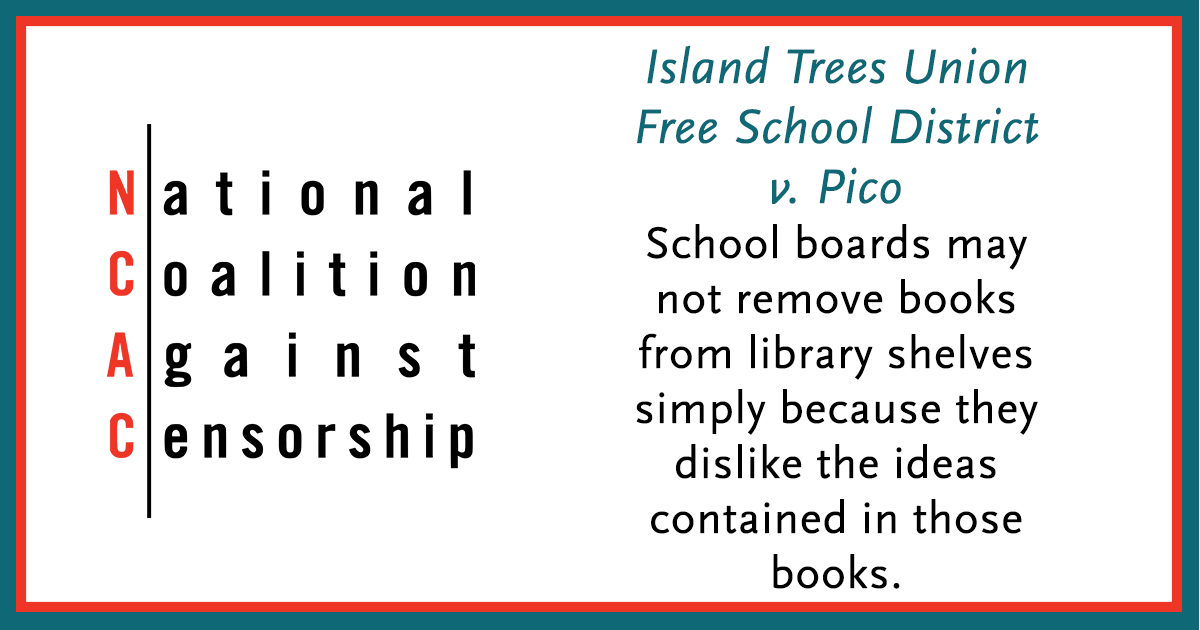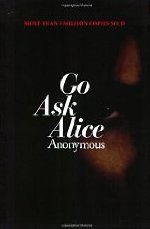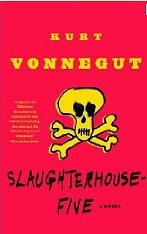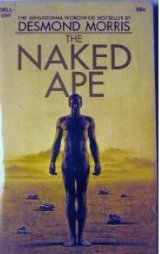Steven Pico may not be a household name. But for those who champion the freedom to read, he’s a big deal. Back in 1976, Pico and four other teens sued their school district in Long Island, NY, for banning 11 books from their classrooms and school libraries.
The six-year battle to defend the constitutional rights of these students made history. The case landed in the Supreme Court, and the Board of Education, Island Trees Union Free School District v. Pico became the first school library book-banning case to ever reach the high court.
Pico has spent more than 30 years as an editor, and he’s also a painter and sculptor who exhibits his works in France, Portugal, and the U.S. We caught up with him on the 31st anniversary of the landmark June 25, 1982 decision to talk about why he did it, the impact it’s had on his life, and whether he thinks kids today are as passionate about free speech as he was.
It’s been over 30 years since the Supreme Court ruling. Are you surprised that so many books are still being challenged and banned in schools and libraries nationwide?
Changes in constitutional law take place gradually. If one looks at any major issue affecting life in the U.S., from the transformation of colonies into 50 states or to racial equality, for example, one will see many battles along the route to the realization of a vision.
Yes, but we’re still defending books like Slaughterhouse-Five and Go Ask Alice—the very same titles that your school board called “anti-American, anti-Christian, anti-Semitic, and just plain filthy” when you were a teen.
I’m not surprised. Did racism and segregation end in the U.S. following the Emancipation Proclamation and Brown v. Board of Education? Let me ask you and your readers a question. Do you think racism was a factor in the books removed in Island Trees? I do. Of the 11 books banned in Island Trees, more than half were written by prominent African American and Puerto Rican American writers. Why?
The bottom line is that no one in the Island Trees community ever complained about any of these books. Members of the Island Trees Board of Education “found” a list of “objectionable” books on a table at a conference that was being held in another part of the state. Then they returned to our community and searched our public school system for those titles. Why were so many books discussing the experiences of minority groups in the U.S. on that original list?
How did you get involved in all this in the first place?
When the books were first removed from my school, I was 16 years old and serving as vice president of the junior class, and I was on the editorial board of the student newspaper. As student council president in my senior year, I was the liaison between the student body and the board of education. I knew all the board members personally and attended board meetings long before the lawsuit was announced.
I frequently visited our public library, and I learned about the book removal from the librarian. I told the librarian that I wanted to mount a challenge to the removal and, from neighbors, learned that the American Library Association had scheduled a meeting locally, which I attended. I was initially in contact with [lawyer] William Kunstler and the law firm of Ramsey Clark. Later, I decided that the NYCLU New York Civil Liberties Union was best suited to carry a case through the courts. I was the sole plaintiff. When the ACLU American Civil Liberties Union lawyers approached me about making the lawsuit into a class action, I recommended other students to add their names to the filing.
What motivated you to do it?
I felt I could make a difference. For me, censorship was not simply a right-wing vs. left-wing issue, and I tried my best to frame the debate on censorship my own way. I believe censorship is offensive to the vast majority of Americans, offensive to Americans from the right, offensive to Americans from the center, and offensive to Americans from the left.
Did you realize the importance of it all at the time? Did you realize you’d make history?
Yes and yes. Win or lose, I believed it was a historic battle.
Were you ever scared?
Never. My parents heard from anonymous callers who said I would not receive scholarships for college if I pursued the case, and obviously my parents were concerned. I recall one teacher who whispered to me, “You are doing the right thing.” It troubled me that most adults, including my teachers, felt the need to whisper their support.
Were your classmates supportive?
At school, most of the student body—perhaps 85 percent or more—didn’t support my position against book banning or were apathetic, so I took matters into my own hands and, alone, I approached the American Library Association for help in finding the best lawyers.
Why didn’t more teens and teachers at your school back you?
High school students and their families are preoccupied with getting into colleges, and most people fear involvement in controversial issues. Teachers were worried about tenure and their jobs, since the Board of Education was also their employer.
Would things be different if the case took place today?
Young people today are more informed, mature, and aware of their constitutional rights. There’s even a band “Pico vs. Island Trees,” which named itself after me, so I’m convinced young people are more involved than ever in change.
Who tends to ban?
Many diverse groups and individuals—from both the majority and the minority—advocate some form of censorship. That does not anger me so much as it scares me. I’ve encountered feminists who advocate censorship and religious groups advocating censorship, and African-Americans who raise objections to The Adventures of Huckleberry Finn and Gone with the Wind. This is a very complex issue.
Are book banners motivated by the same things now as they were back then?
I’ve long assumed most book banners are well-intentioned individuals who wish to protect children. Their method is unconstitutional and incompatible with life in a pluralistic nation. Does ignorance protect children or does ignorance leave young people unprepared and defenseless?
Give us an idea of how long this consumed your life.
I launched the lawsuit at a news conference with Kurt Vonnegut in 1977, when I was president of the Island Trees High school Student Council. In 1981, I received my B.A. from Haverford College, and one year later the Supreme Court handed down its 1982 decision in the Pico case.
What was the most difficult part of going through the lengthy case?
The hard part of going through a long battle is the time taken away from other pursuits. During my first semester at Haverford College, I spent 50 percent of my weekends traveling to other parts of the country to raise awareness about the dangers of censorship.
Why does book banning set a dangerous precedent?
In 1983, on the day commemorating the 50th anniversary of the burning of books in Nazi Germany, I gave a speech in New York against the banning and burning of books. During the 1970s and 1980s, when I was very active battling censorship, The Diary of Anne Frank was being removed from shelves by censors here in this country. Need I say more?
Is it ever justified to ban a book in a school or library?
No. Well, the longer answer is there is one instance I can think of when a court may remove a book from public schools. Since the 1947 Court ruling in Everson v. Board of Education, even local government is forbidden from actions respecting an “establishment of religion.” The First Amendment clause against establishment of religion was intended, in Thomas Jefferson’s words, to erect “a wall of separation between church and state.” Therefore, possibly, a future court may have an obligation to remove a book from a public school system if the book’s presence is found to represent an establishment of religion. That would be the sole instance, in my opinion, where a court may have to accept a book removal because the prohibition against the establishment of religion comes from within the First Amendment itself. I can foresee no other situation where book removal might be justified in the U.S.
Why does free speech matter?
The First Amendment was the first amendment for a reason. Freedom of speech, freedom of inquiry, and the protection of minority views form the foundation of the United States.
What impact did the case have on you as a teen and as an adult?
Then and now, I feel so proud to say, “There was one time in my life when I refused to compromise.” The stakes were high, and the political landscape was shifting: the legal battle began during the Carter Administration and ended during the Reagan Administration. The battle was so involved and long that I received my B.A. from Haverford College in between.
You’ve told me that you didn’t want this case to define who you were. What did you mean by that?
You’re referring to my comment that, “I didn’t wish to become a First Amendment Junkie.” I wanted to get those books back on the shelves so public school students and teachers might choose to read and discuss them. Fame held little interest to me, so I turned down opportunities to have a movie made about my life and to sign book deals. During a battle, it’s most important to remain focused on the objective.
Do today’s kids feel as passionate about free speech as you did?
Personally, I believe more young people are informed and passionate about their rights, and responsibilities to stand up despite the cost, today than at any previous time in American history. I’m sure some of your readers may disagree with that statement. I am simply voicing one opinion, and that is the point, isn’t it? The crux is one’s freedom to voice an opinion; the crux is one’s responsibility to stand up to others who try to silence authors, to silence the dissemination of ideas, to silence librarians, to silence discussion, to silence teachers, to silence students, and to silence the constitutional right to disagree.
Do you think free speech is becoming more important in this age of technology?
Yes, and that’s an excellent question, a question others can answer far better than I. I’m a simple guy: I feel Americans should feel encouraged when a young person picks up any book to read.
By Debra Lau Whelan






